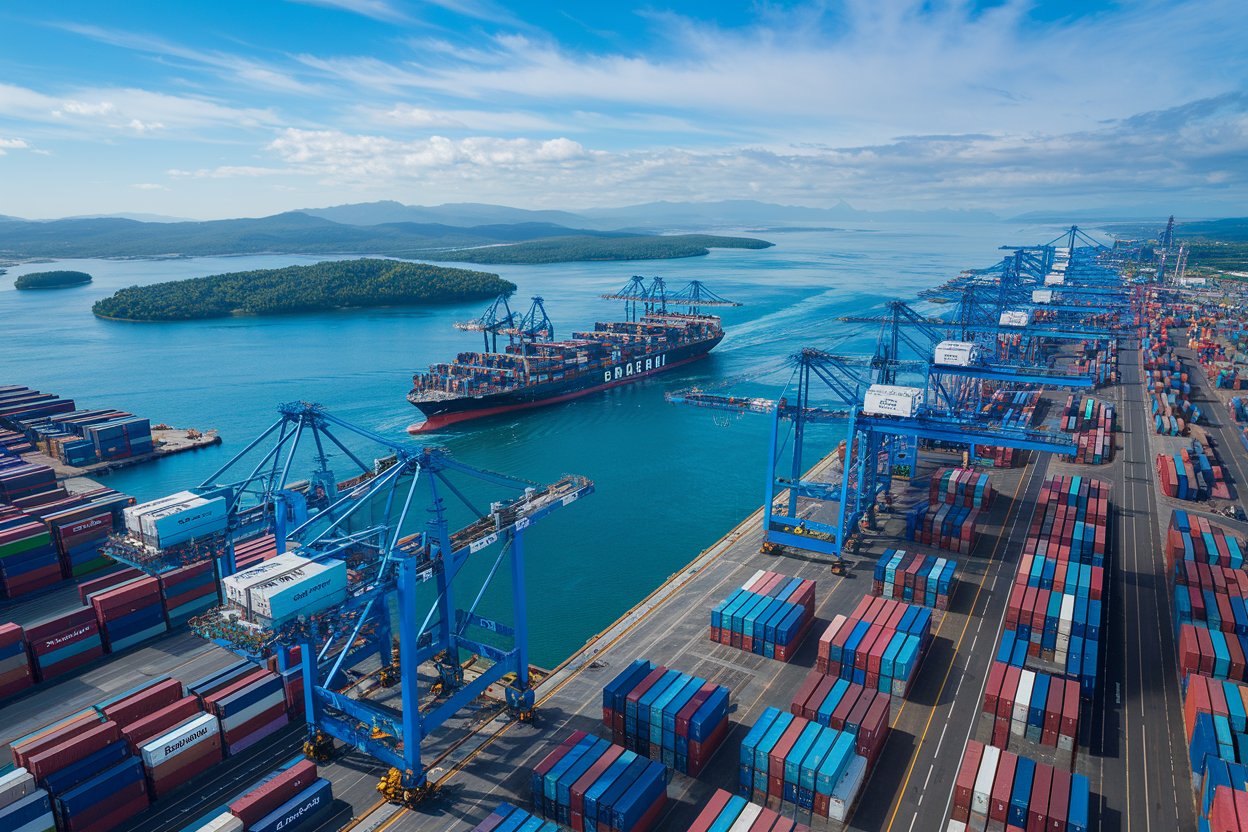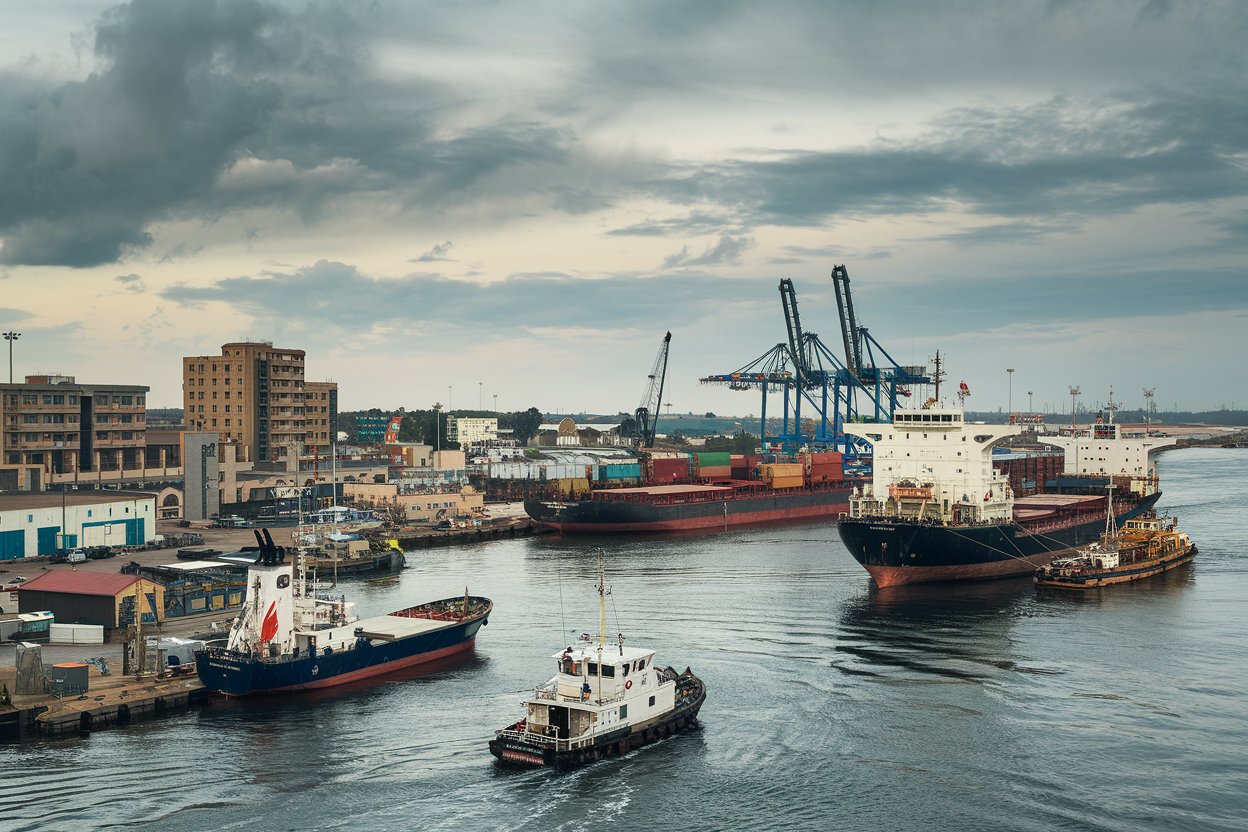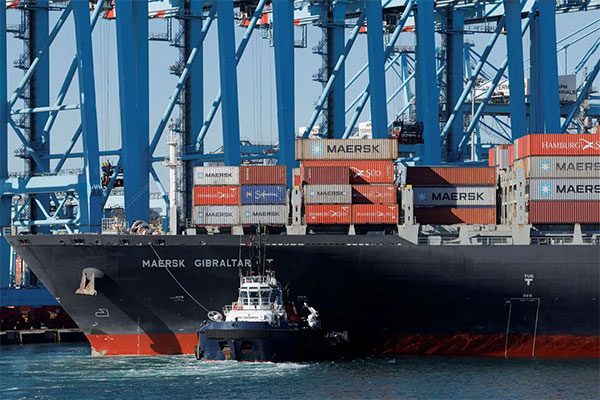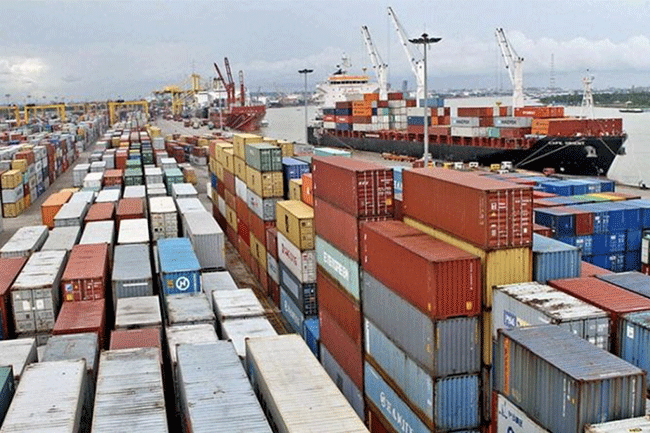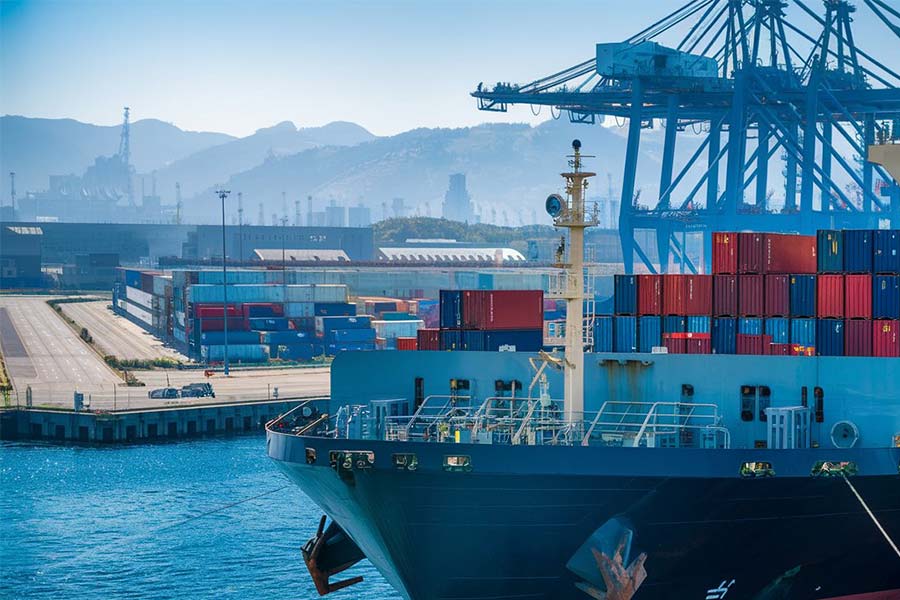- Shanghai Zhongshen International Trade Co., Ltd. - Two decades of trade agency expertise.
- Service Hotline: 139 1787 2118
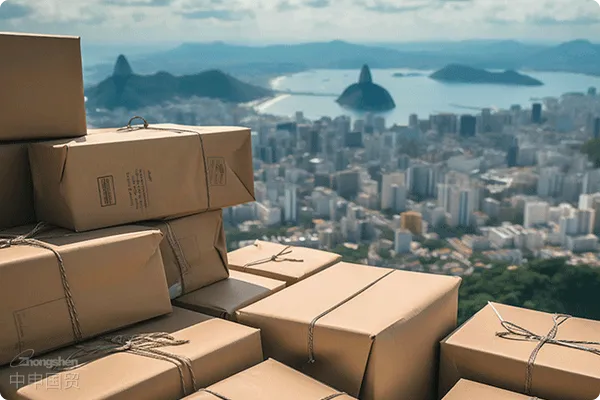
Brazil's Export Dilemma: The High-Cost Challenge of Small Parcels
Exporting low-value small items to Brazil, such as kitchen towels in textiles,foreign tradePeople often face the dilemma where transportation and tariff costs far exceed the value of the goods by 2 to 3 times. This phenomenon has almost become the "norm" in the Brazilian market. Brazil's customs policies are stringent, making the clearance of small parcels not only complex but also frequently subject to high tariffs. Take a real case as an example: a sample order worth just over $200, due to honest declaration, was required to pay over $1,000 in tariffs, nearly leading the customer to abandon the shipment. This has left many exporters with a headache: how to achieve cost-effective exports under such high costs?
Solution: Bulk Shipping and Overseas Warehousing
Bulk transportation reduces unit costs.
For low-value small parcels,Batch transportationIt is a practical method. Ship multiple items at once and proceed.Maritime TransportationRather than express delivery, it can significantly reduce the unit transportation cost. Although sea freight takes longer, it offers obvious cost advantages for low-value, small-sized goods. Exporters can negotiate with customers to encourage bulk orders, thereby sharing the transportation costs.
Overseas Warehouses Enhance Efficiency and Customer Experience
A better strategy is to establish operations in Brazil.Overseas warehouse. Ship the goods in bulk to Brazil and store them in local warehouses, then deliver them to customers through local distribution. This approach not only significantly reduces tariffs (as the goods are cleared through customs in bulk) but also shortens delivery times and enhances customer satisfaction. However, overseas warehouses require certain capital investments and operational capabilities, making them suitable for enterprises with long-term export plans.
Under-declaration: Caution Needed in Expedient Measures
For small sample orders, some exporters may opt toUnder-declared valueTo reduce tariffs, for instance, by declaring the value of goods significantly lower than the actual amount when shipping via express delivery. However, this practice carries legal risks. If inspected by Brazilian customs, it may result in fines or seizure of the goods. Therefore, undervaluation should be cautiously implemented with the customer's informed consent to avoid major losses for minor gains. In contrast, if the customer can accept bulk orders shipped by sea, it would be a more secure option.
Global Trend: The Wave of Taxation on Small Parcel Deliveries
It is worth noting that Brazil is not an exception.United States, European Union, JapanOther markets are also studying measures to impose taxes on small parcel deliveries. This trend poses greater challenges for exporters of low-value goods, such as the textile industry. In the future, as policies in various countries tighten, export costs may further increase. Exporters should closely monitor international developments and adjust their strategies in a timely manner.
Conclusion: Adapt flexibly and turn challenges into opportunities.
Exporting low-value small parcels to Brazil can indeed be frustrating due to high shipping and tariff costs. However, byBulk shippingShared expenses,Overseas warehouseOptimize delivery, or use with caution.Under-declaration, can effectively reduce costs. Meanwhile, in the face of the global trend of taxing small parcels, exporters need to maintain a keen sense of smell and flexibly adjust their strategies to stand out in the competition.
Related Recommendations
? 2025. All Rights Reserved. Shanghai ICP No. 2023007705-2  PSB Record: Shanghai No.31011502009912
PSB Record: Shanghai No.31011502009912
